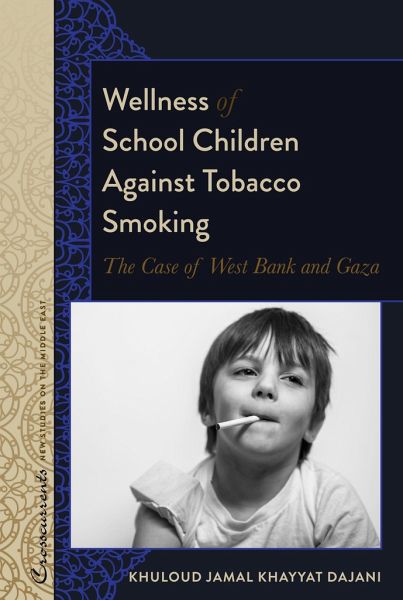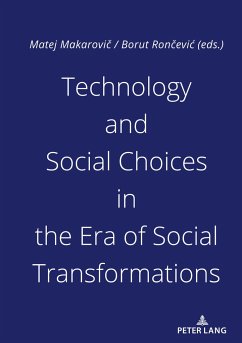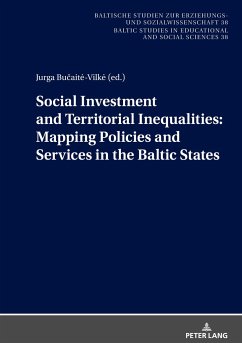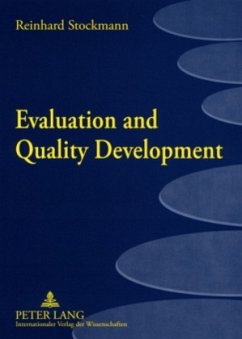
Wellness of School Children Against Tobacco Smoking
The Case of West Bank and Gaza
Herausgegeben: Lacey, R. Kevin; Nusseibeh, Sari
Versandkostenfrei!
Versandfertig in 6-10 Tagen
94,30 €
inkl. MwSt.
Weitere Ausgaben:

PAYBACK Punkte
0 °P sammeln!
No previous research has ever explored thoroughly the types and trends of smoking and the different models of tobacco smoking among Palestinian children. This study was designed to identify the factors that increase or mitigate risk associated with smoking among school children and adolescents living within the Palestinian territories. An ecological framework serves as the theoretical framework for the study, incorporating multiple levels of children's and adolescents' lives, including individual, family, school, peers, and community dimensions. The study is based on theory that considers the ...
No previous research has ever explored thoroughly the types and trends of smoking and the different models of tobacco smoking among Palestinian children. This study was designed to identify the factors that increase or mitigate risk associated with smoking among school children and adolescents living within the Palestinian territories. An ecological framework serves as the theoretical framework for the study, incorporating multiple levels of children's and adolescents' lives, including individual, family, school, peers, and community dimensions. The study is based on theory that considers the school as a central component of socialization and also on problem behavior theory, suggesting that humans develop clusters of dangerous behaviors that become part of their daily lives. This research study is based on the data set of the Health Behaviors in School-aged Children (HBSC) international survey, and employed a dual focus on individuals and schools. It revealed the high prevalence of tobacco smoking, the risk and protective factors affecting smoking, and showed that Nargilah ranked first among tobacco smoking habits. In an era of narrow agendas of "effectiveness" and "control," this book suggests a way to incorporate schools as venues and spaces for behavioral transformation, growth, and positive change, and shows how awareness can be created within the families and the relevant agencies. Health promotion and risk prevention initiatives can help control tobacco smoking, the most preventable cause of death and disease in the nation. Those who smoke must quit, and we must work together to prevent children from starting this endangering health behavior.














